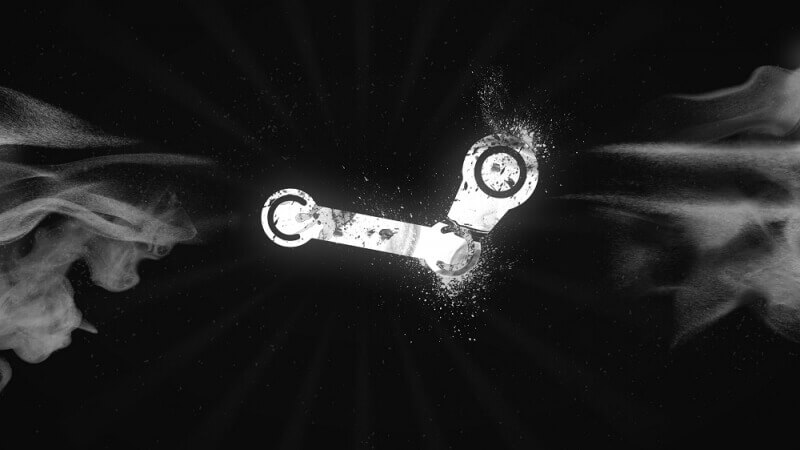There are an incredible number of games available on Steam, many of which vary in quality from average to utter garbage. The platform has implemented several methods over the last few years to separate the wheat from the chaff, and is now about to overhaul the system to increase the visibility of high-quality titles and bury those it refers to as "fake games."
The company invited YouTube critics Jim Sterling and John "TotalBiscuit" Bain to its Seattle headquarters to discuss the changes, which the pair laid out in lengthy videos. If you don't want to watch the cumulative one hour and 24 minutes, Kotaku has summarized everything.
The most noticeable change will be the introduction of "Steam Explorers." The opt-in system involves users buying games from pre-selected lists of low-selling titles, then flagging any undiscovered gems so that the algorithms are more likely to increase their visibility.
Anyone can be an Explorer, and while you do have to purchase the games, Steam is considering rewards such as unique badges, access to exclusive forums (for sharing titles and setting up multiplayer matches), and, most importantly, no-argument refunds (one per week).
The curator system is also getting an overhaul to make it a more "rewarding and useful experience." Curators will soon be able to create top ten lists, embed videos, and use different types of sorting.
A big change for Curators is the addition of an integrated "key mailer system," which lets developers contact them directly through the platform and hand over game keys - so no more using email or other methods outside of Steam, which has led to attempted fraud in the past.
Curators will also be given more information about how their actions affect game sales. Valve is even considering paying the most influential Curators as an incentive to keep up their good work. As noted by Kotaku, the system sounds like it could be exploited by unethical Curators, and even the honest ones could unconsciously skew their recommendations based on the popularity of a game.
For regular Steam users, Valve will soon include more data about the games they see, including why it's being shown, how many impressions the page gets, where the impressions come from, and so on.
Additionally, when Steam Direct - the replacement for Steam Greenlight - finally launches, there will be fewer games arriving on the service, and they will supposedly be of a higher quality.
It's worth noting that none of the changes are definitely going to happen - some details could change. We'll just have to wait and see how they affect the average user.
